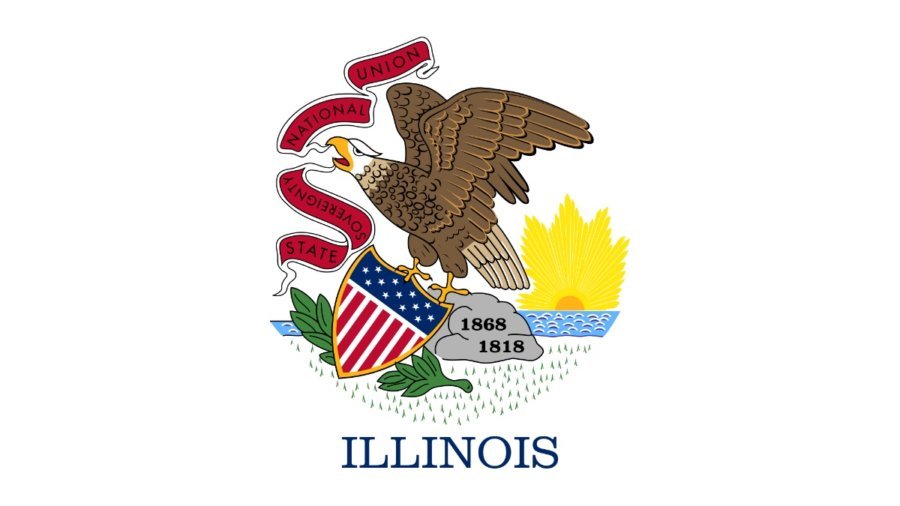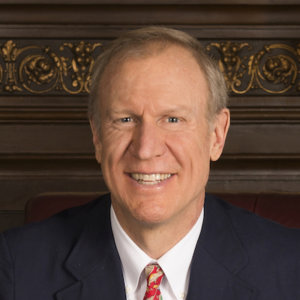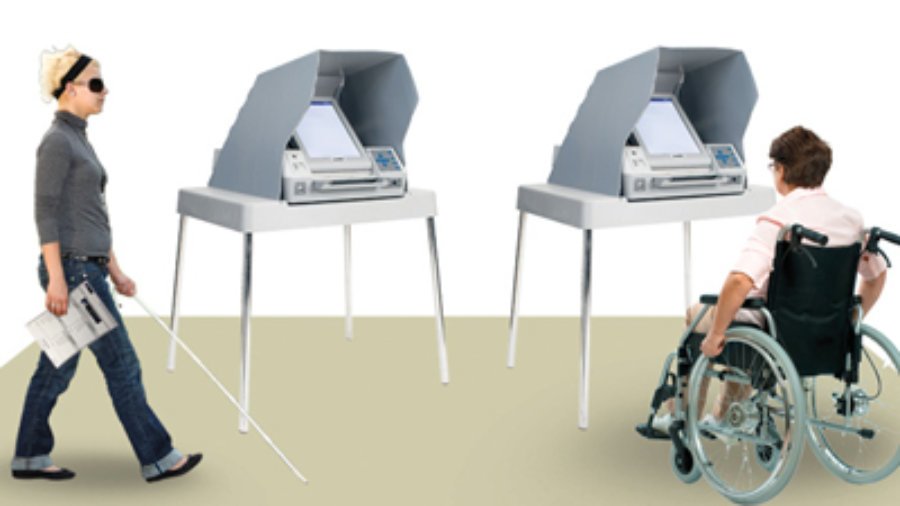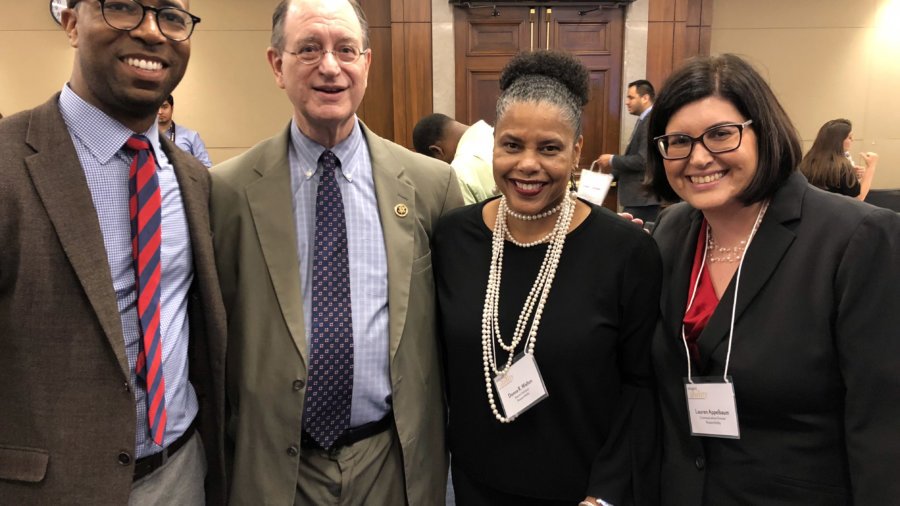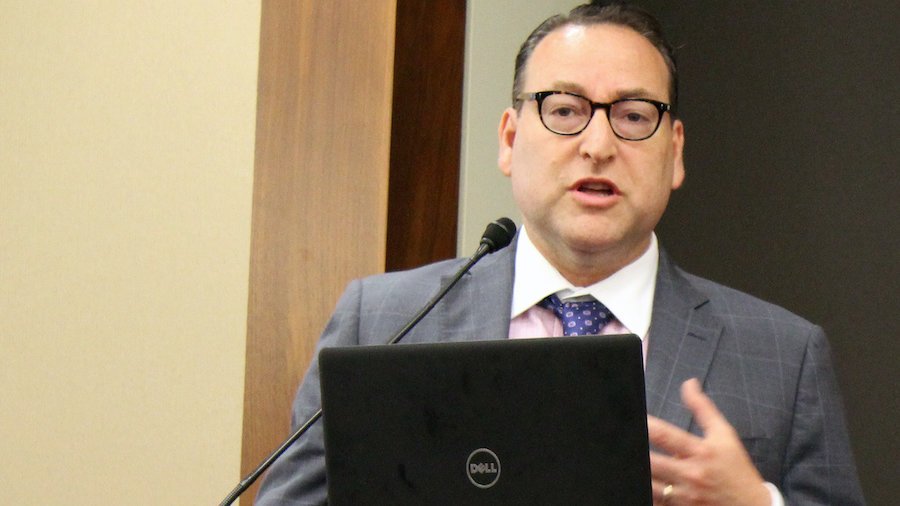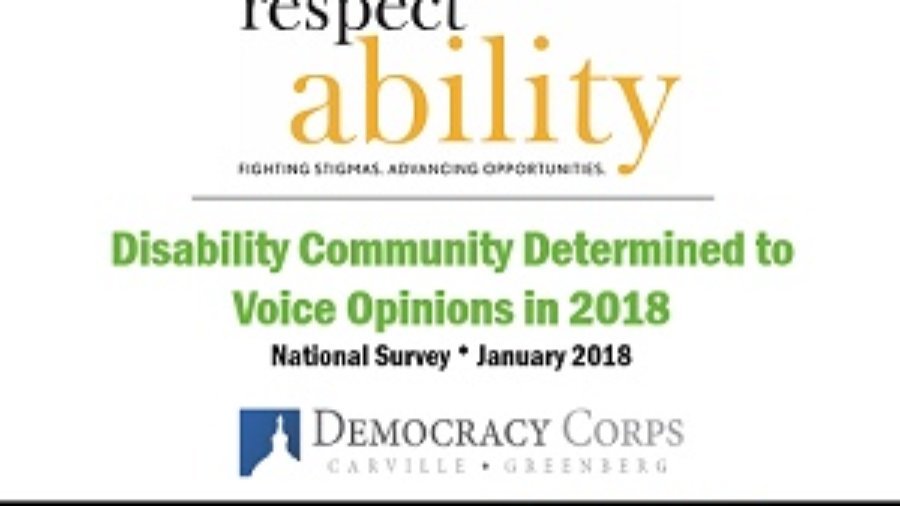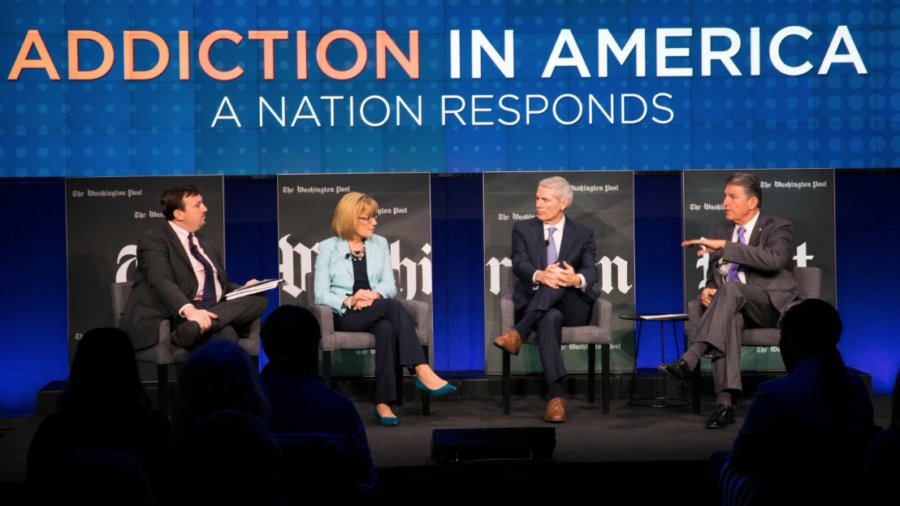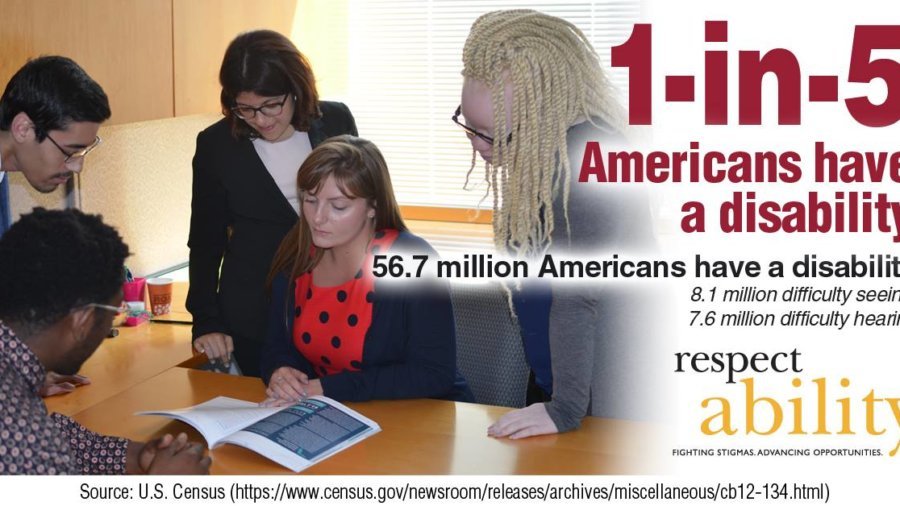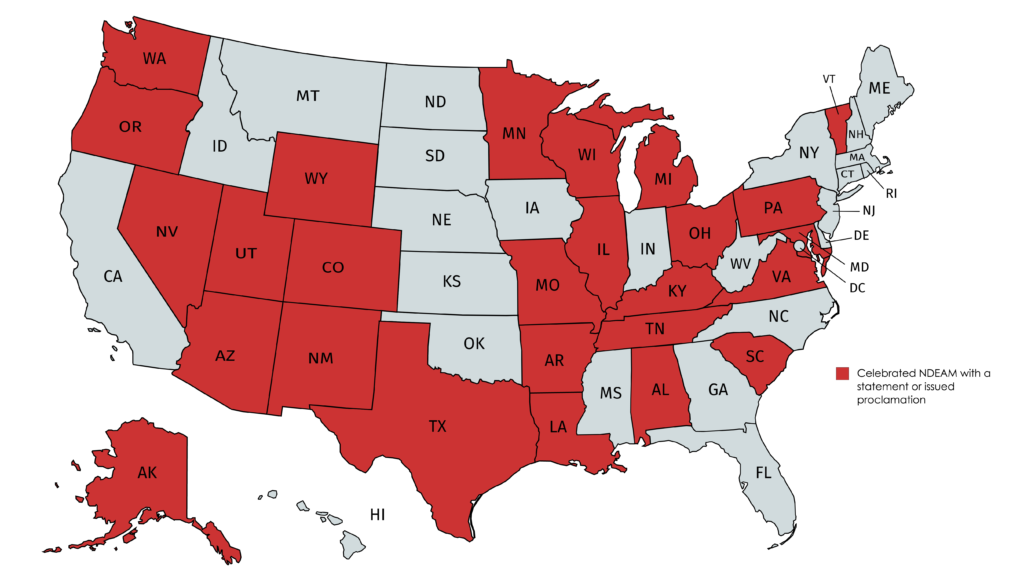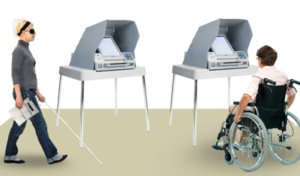As National Disability Employment Awareness Month Begins, A Wake-Up Call to Candidates
Washington, D.C., Oct. 1 – It’s the month before the midterm elections and one of the nation’s leading disability organizations has a wake-up call for candidates. “Fully three-quarters of likely voters either have a disability themselves or have a family member, or a close friend with disabilities,” said former Representative and Dallas Mayor Steve Bartlett. Bartlett is the chairman of RespectAbility, a Washington-based nonpartisan nonprofit that fights stigmas and advances opportunities so people with disabilities can participate in all aspects of community.

Steve Bartlett
“Our survey shows that 74 percent of likely voters are touched by disabilities,” said Bartlett, who was a primary author of the Americans With Disabilities Act of 1990. “Our nation was founded on the principle that anyone who works hard should be able to get ahead in life. These folks deserve an equal opportunity to earn an income and achieve independence just like anyone else. Candidates for office ignore the disability community at their peril.”
According to the Census Bureau, more than 56 million Americans live with some form of disability. This can include visible conditions such as spinal cord injuries, visual impairments or hearing loss to people living with invisible disabilities such as learning disabilities, mental health or Autism.
“Of particular note from the survey is that while there are certain issues historically on which people with disabilities feel more strongly than Americans without disabilities, such as healthcare and employment opportunities, they track in a similar way to Americans overall when it comes to their political identity,” noted Meagan Buren, pollster for RespectAbility.
A recent poll of 1000 likely voters shows that fully 34 percent are grouped as swing voters, 36 percent as Democrat and 29 percent as Republican. More than half of Americans with disabilities have reached out to their elected officials or attended a political rally in the recent past versus 39 percent of Americans without a disability or any disability connection. Nearly three-quarters of people with disabilities watch, read or listen to the news 5-7 times a week.
“This is a politically active, swing vote demographic and candidates should take note of important issues they care about, especially around employment opportunities,” Buren added. [continue reading…]


